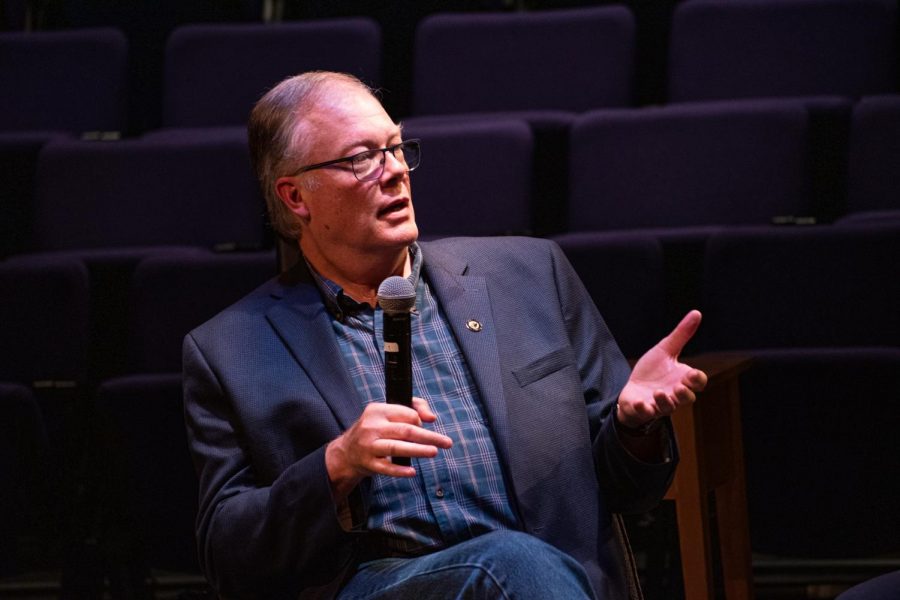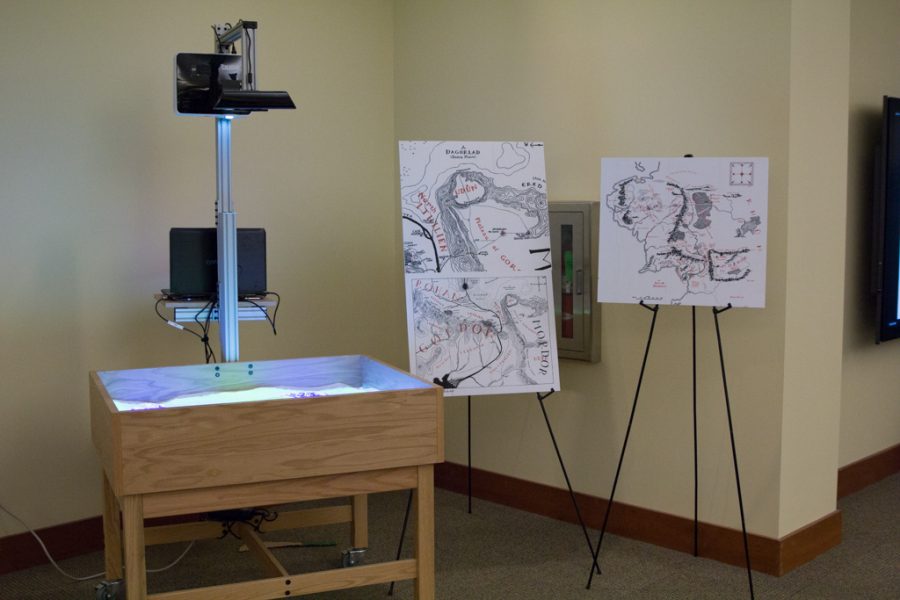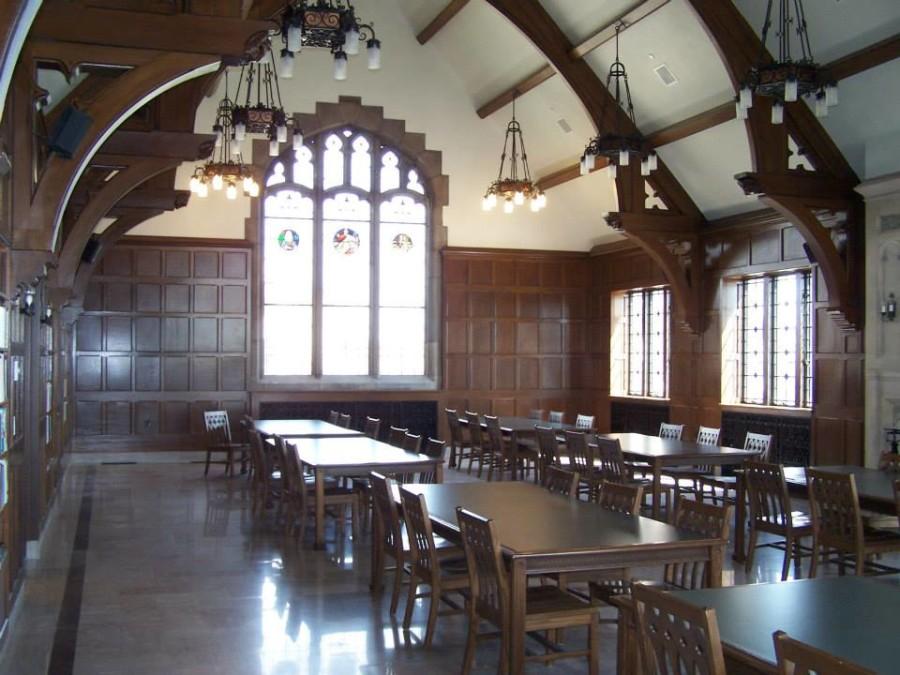 Wednesday marked the 150th anniversary of Abraham Lincoln’s address to the 1859 Wisconsin State Fair, held near what is now Wells and 13th Streets on campus.
Wednesday marked the 150th anniversary of Abraham Lincoln’s address to the 1859 Wisconsin State Fair, held near what is now Wells and 13th Streets on campus.
“The thought recurs that education — cultivated thought — can best be combined with agricultural labor, on the principle of thorough work,” Lincoln told a crowd of farmers from the Wisconsin Agricultural Society in 1859. “And thorough work, again, renders sufficient the smallest quantity of ground to man: and this, again, conforms to what must occur in a world less inclined to wars and more devoted to the arts of peace.”
At the time of his speech in Milwaukee, Lincoln was a relatively unknown political figure, despite being just over a year away from becoming the 16th president of the United States.
“Lincoln’s so-called ‘mudsill’ speech is gaining increasing traction among historians interested in his political thinking,” said Dan Blinka, a professor at the Law School.
In the address, Lincoln argued against the “mudsill theory,” which declares that a lower class will always exist in society.
This weekend, the Law School will host the “Legacies of Lincoln conference,” which will highlight the various roles Lincoln played throughout his time in office. The Department of History’s annual Klement Lecture on Thursday will also focus on Lincoln. Allen Guelzo, a professor of history at Gettysburg College, will deliver his speech “Colonel Utley’s Emancipation: The Strange Case of President Lincoln and His Bid to Become a Slaveowner.”
The lectures on Thursday and Friday are being held in conjunction with the bicentennial of Lincoln’s birth in 1809.
Lincoln’s Marquette connection extends beyond his 1859 speech. Lincoln mentored a young Stanislaus P. Lalumiere in the future Marquette president’s first years as a lawyer, as recorded in “The Story of Marquette University,” a 1953 book written by the Rev. Raphael Hamilton.
Lalumiere, who later became a priest, was the university’s fourth president, and is the namesake of Lalumiere Hall.
Because Wisconsin supported abolition, Lincoln did not campaign here in 1860, making his trip to Milwaukee in 1859 his last to the state, according to a 1911 article by J.E. Moriarity in the Milwaukee Free Press.
To some historians, Lincoln gave a more interesting speech upon returning to his hotel after his address at the fair.
Bill O’Brien, senior advancement knowledge officer in the Office of University Advancement, said he has been collecting information on Lincoln’s visit to Milwaukee for some time in preparation of the Legacies of Lincoln event.
“I wanted to have the information (about Lincoln’s address) in advance because there were questions about the location of the state fair,” O’Brien said.
William George Bruce’s “History of Milwaukee,” published in 1922, included accounts of Lincoln’s time in Milwaukee. According to Peter Van Vechten, a worker at Newhall House where Lincoln stayed, Lincoln gave an impromptu speech on a dry goods box in the lobby of the hotel. Lincoln brought up an issue he had avoided in his address to the State Fair crowd: slavery.
“One sentence stands out prominently in my mind,” Vechten said. “‘I do not believe,’ he said, ‘that this nation can exist half free and half slave.’”




